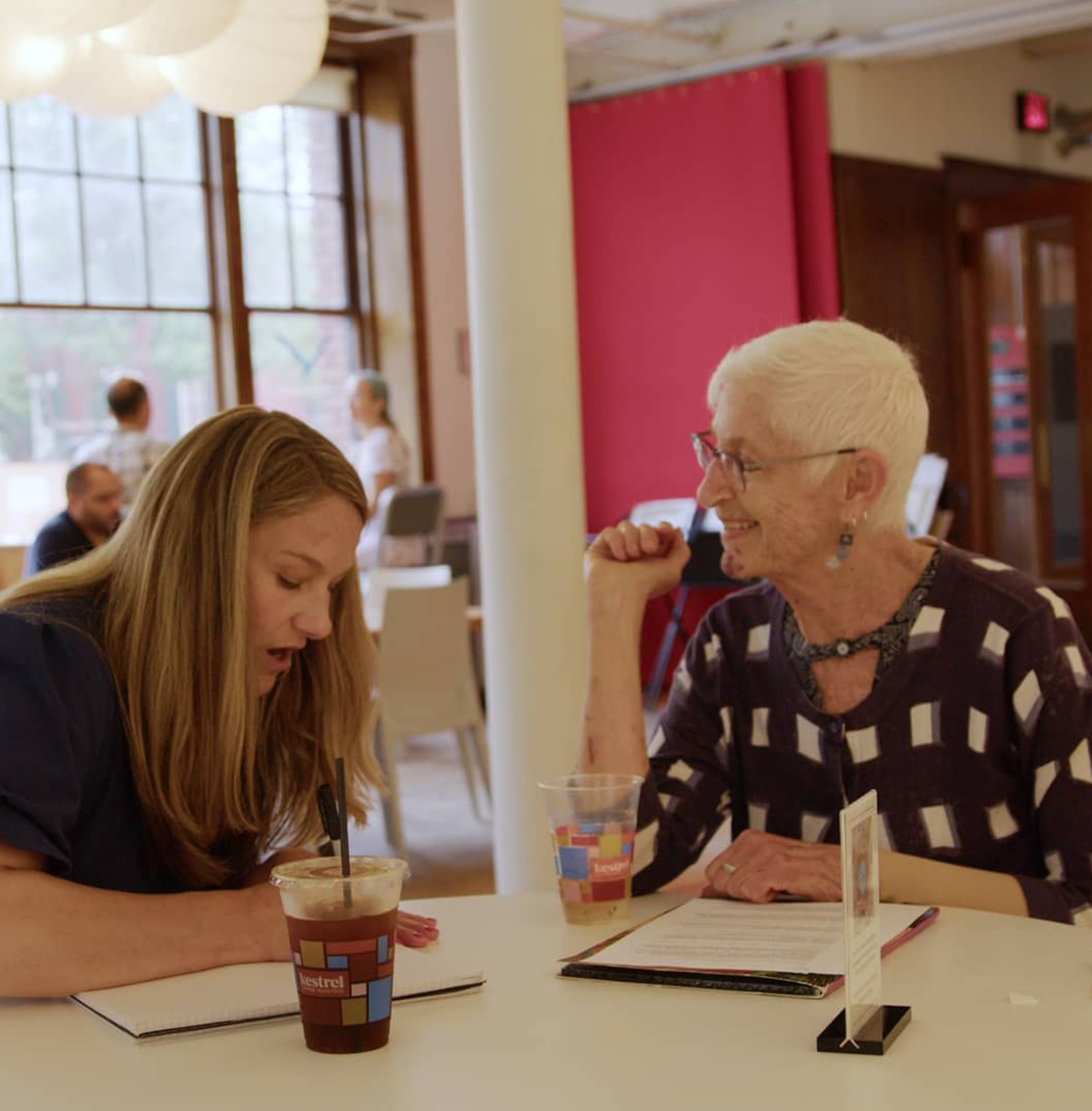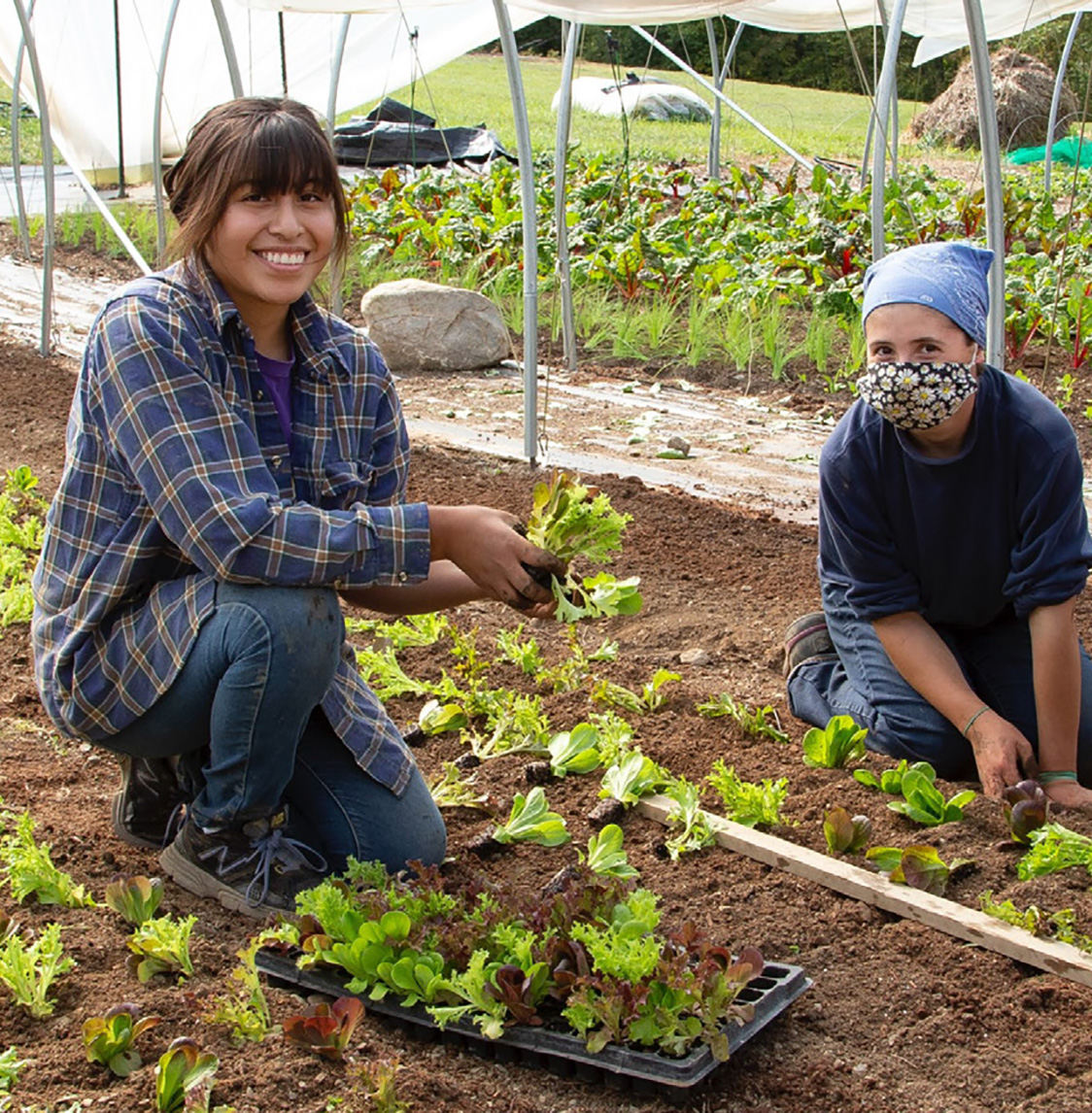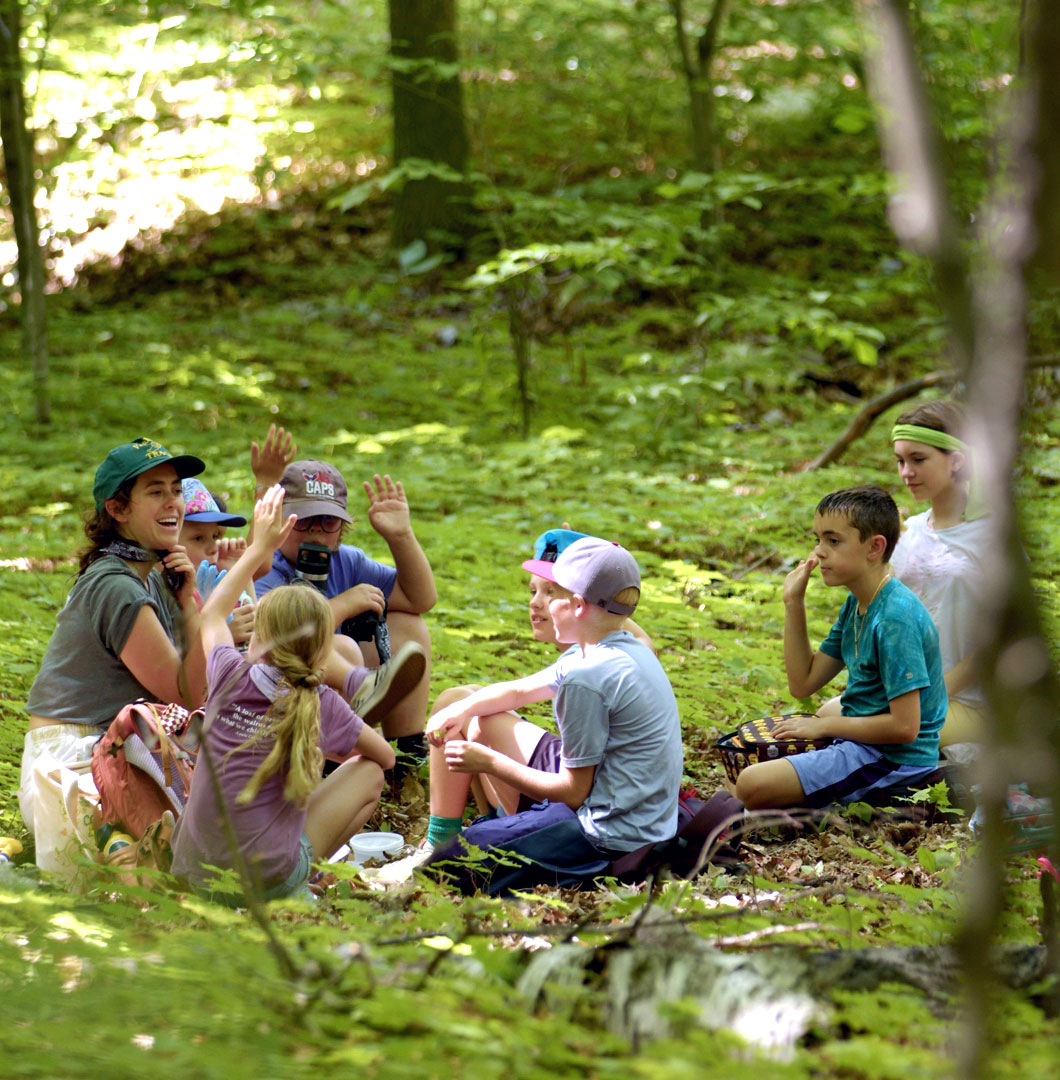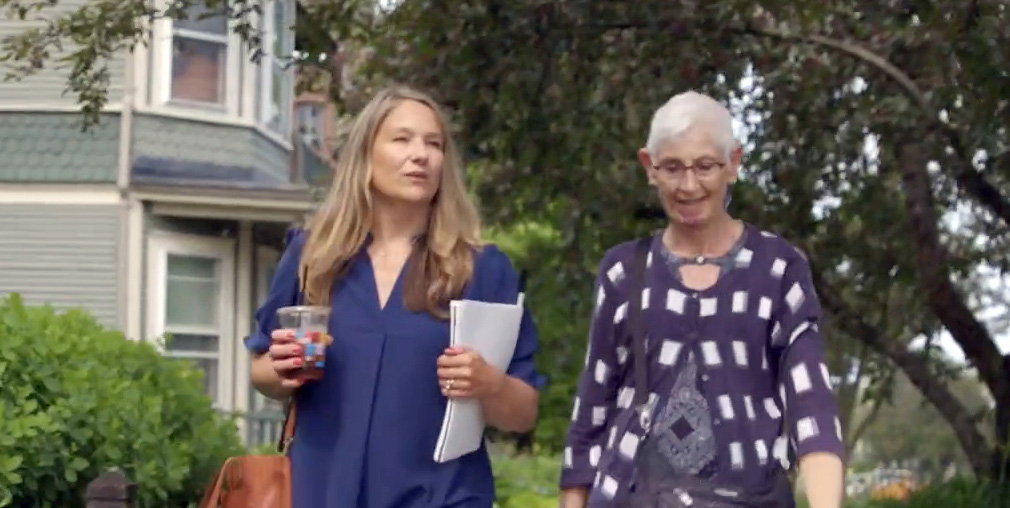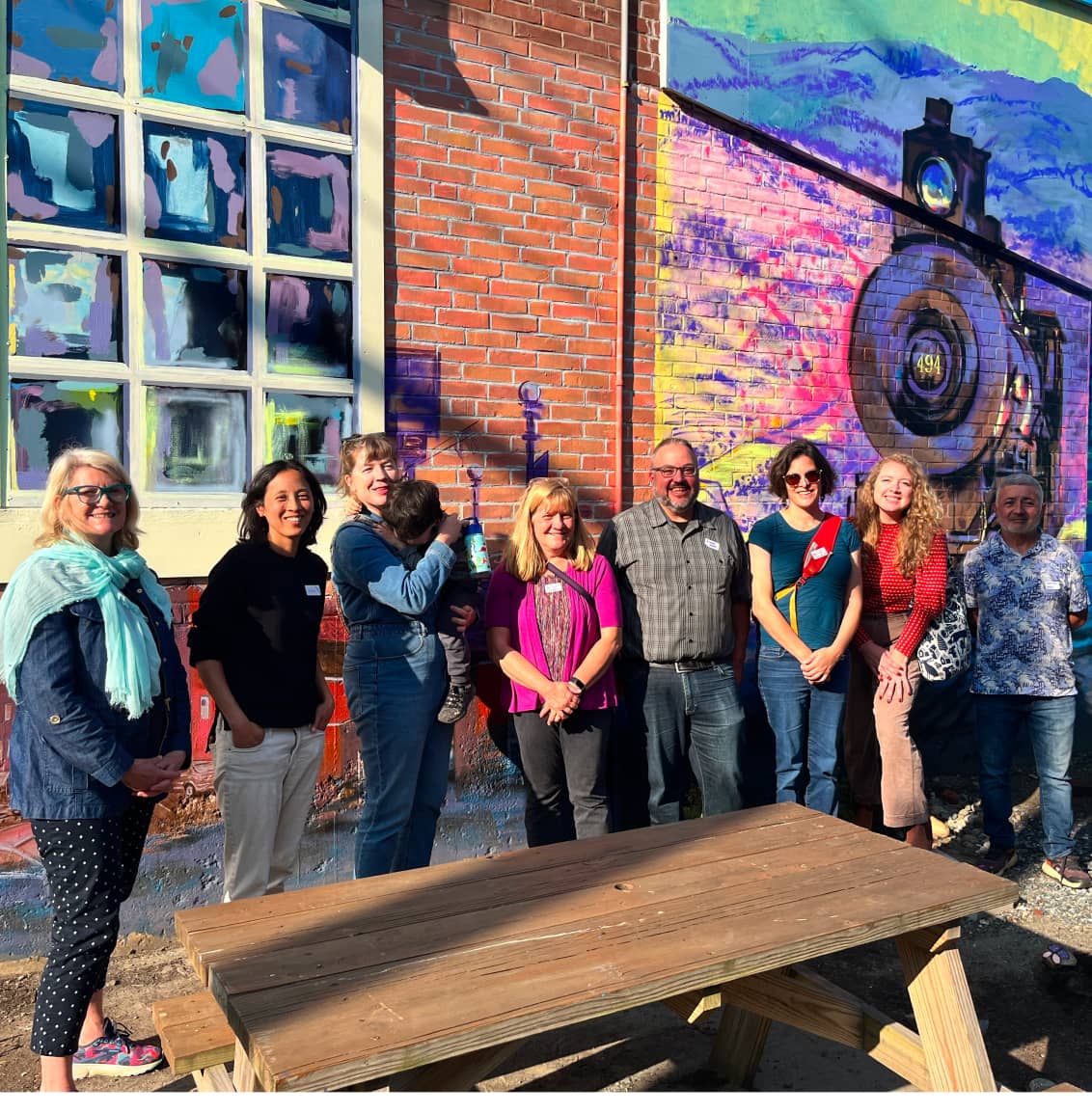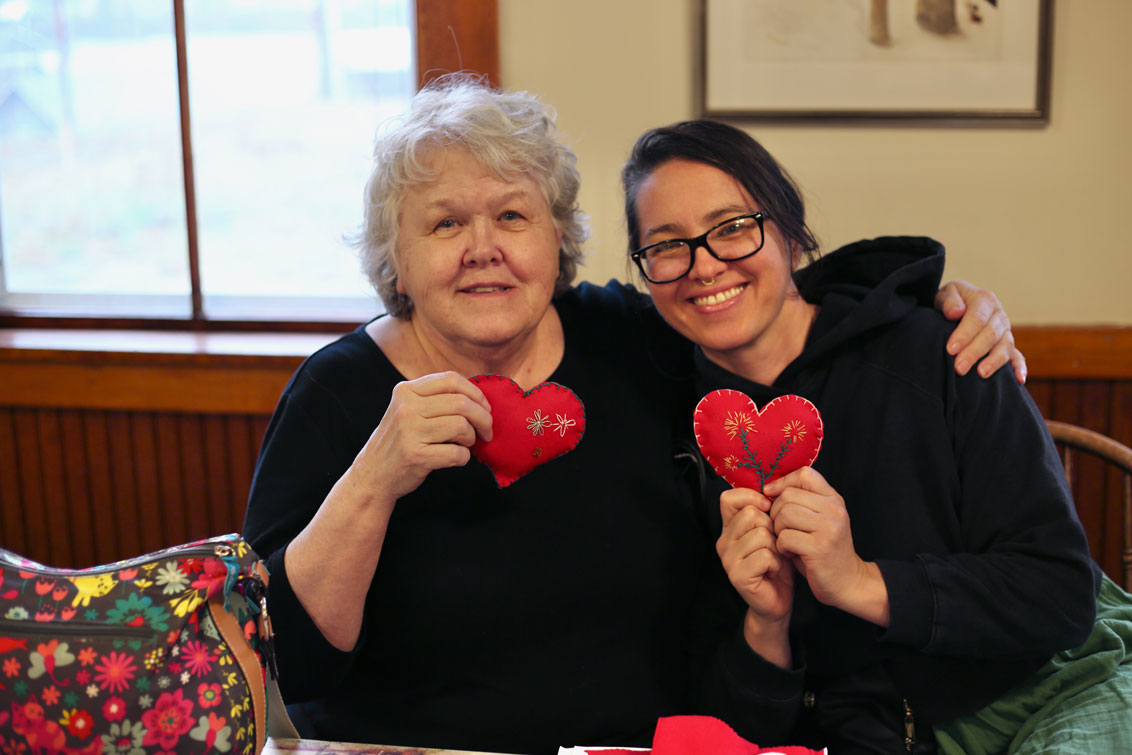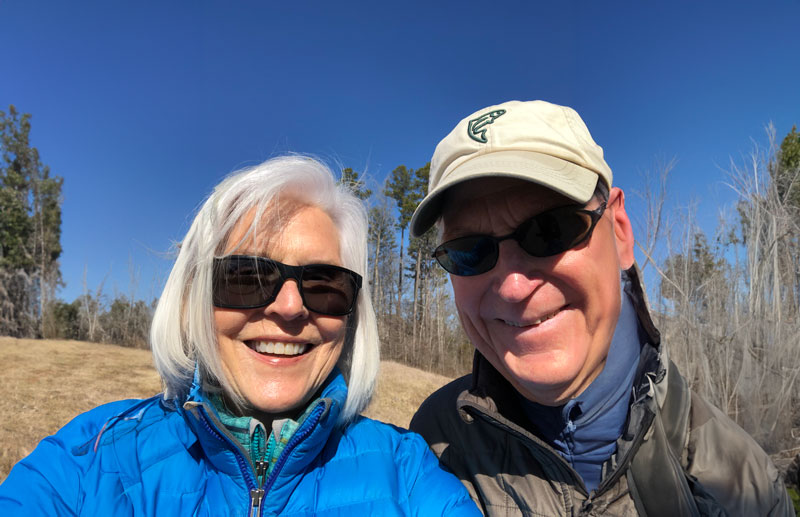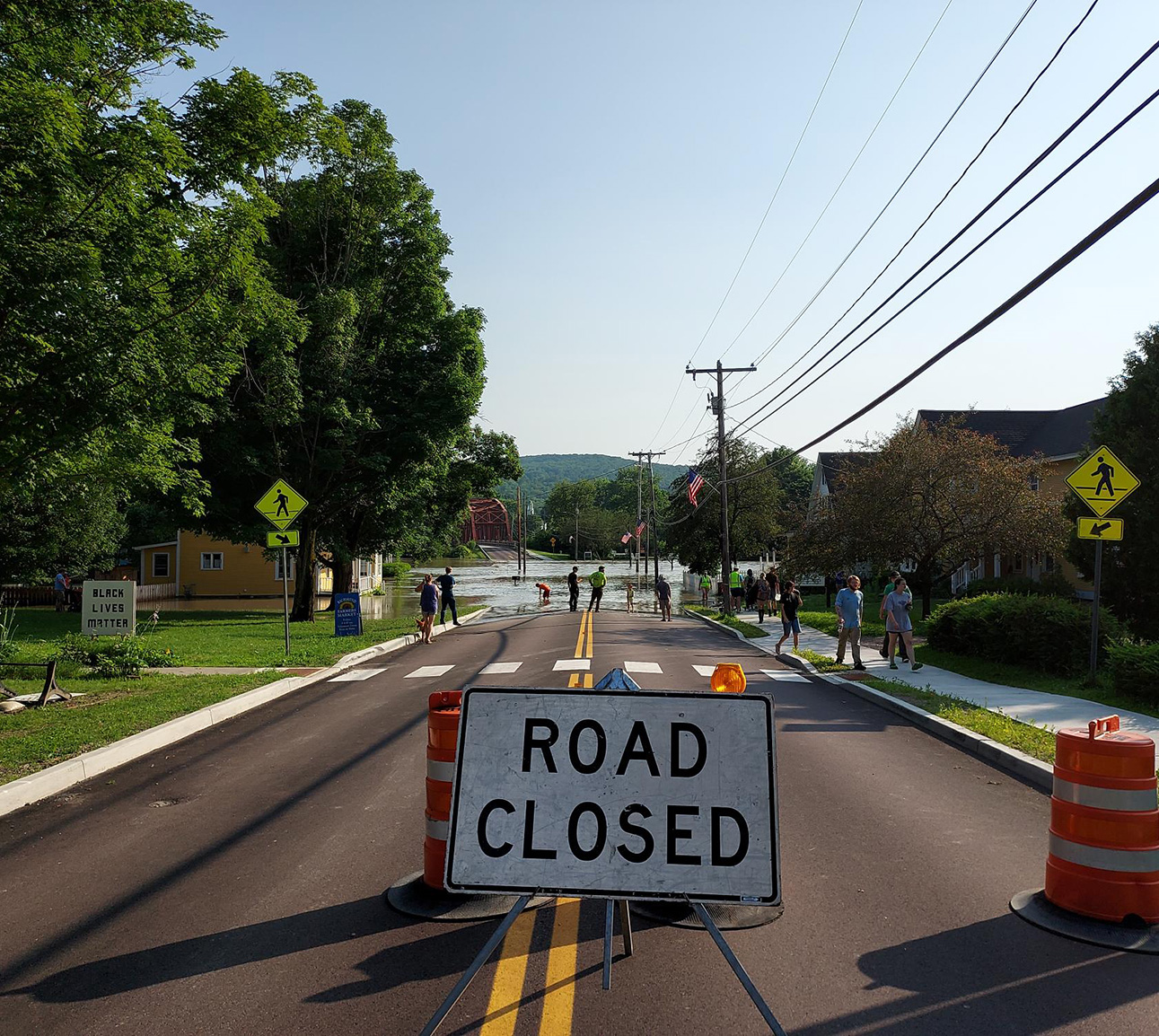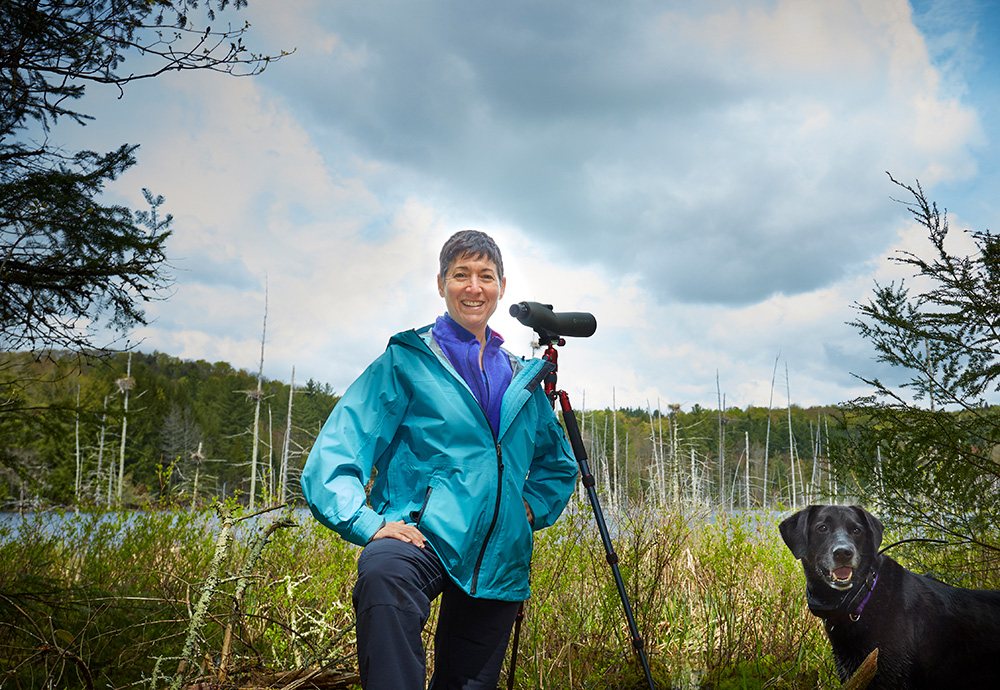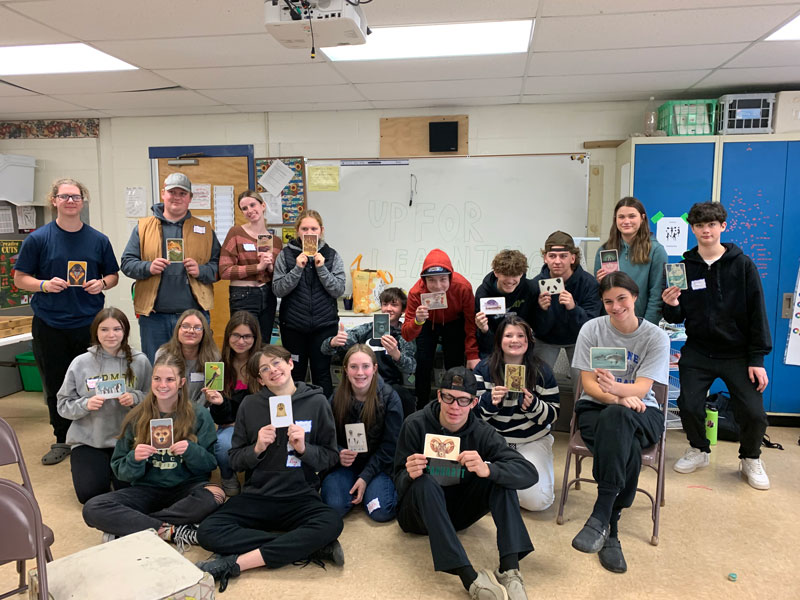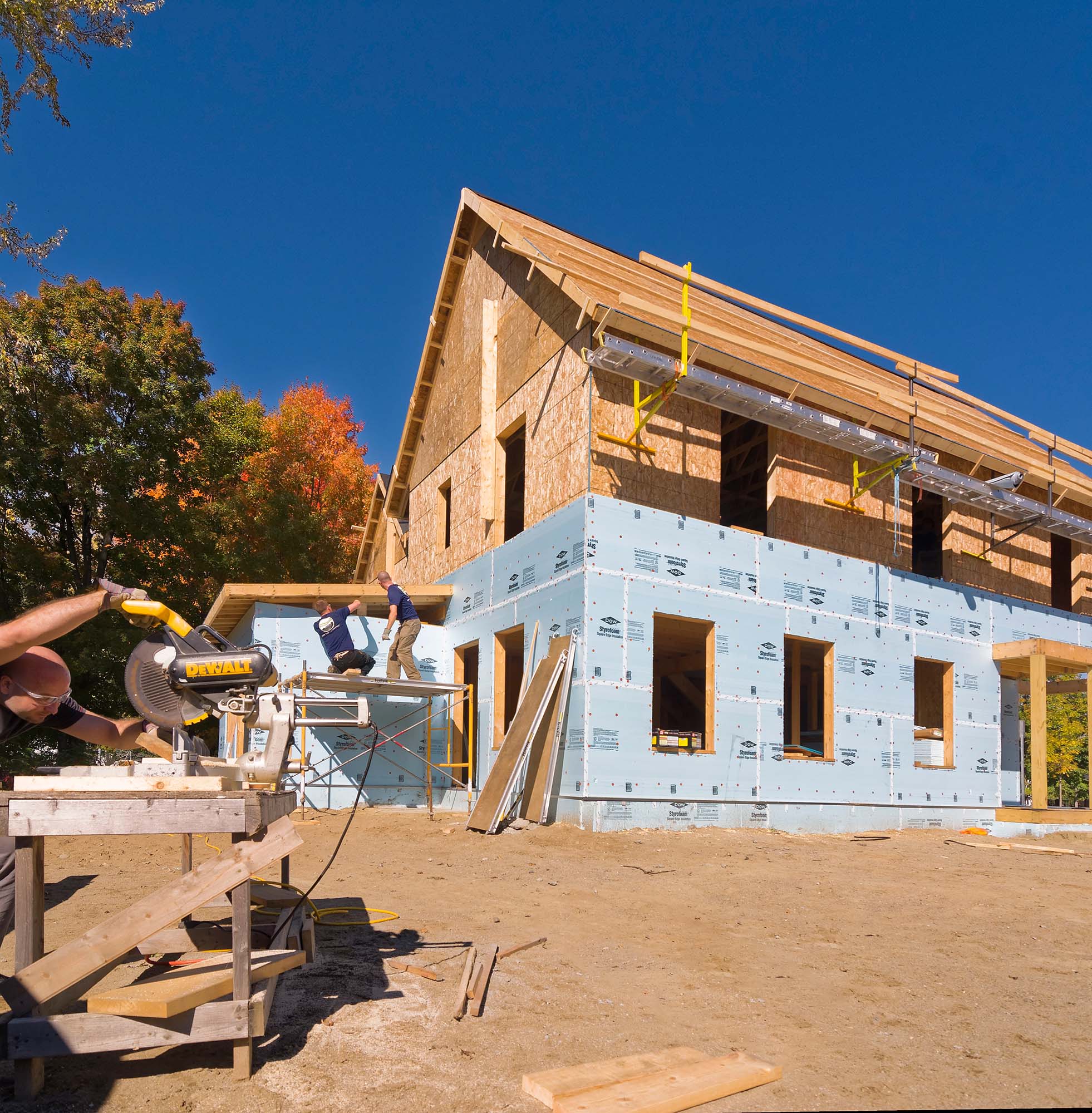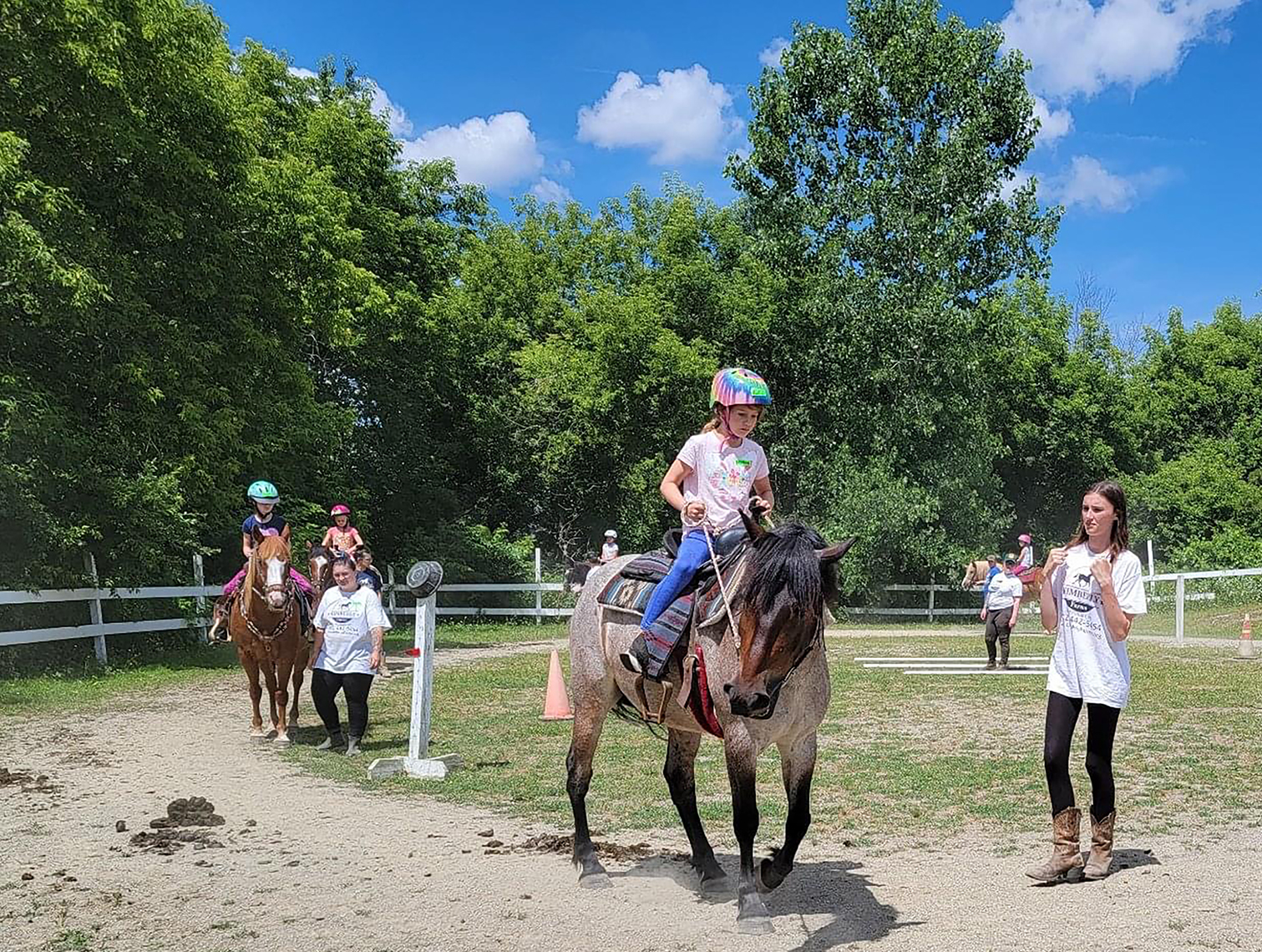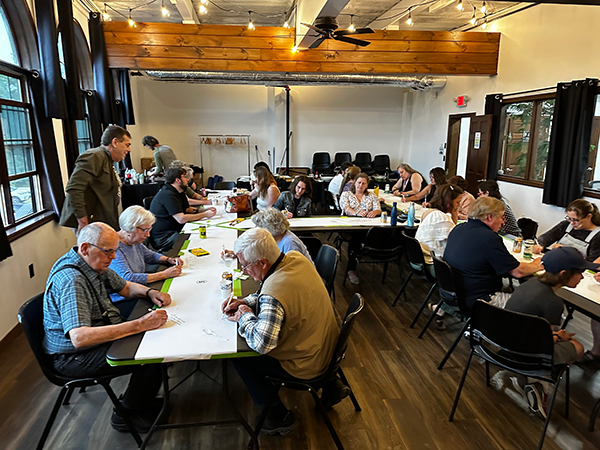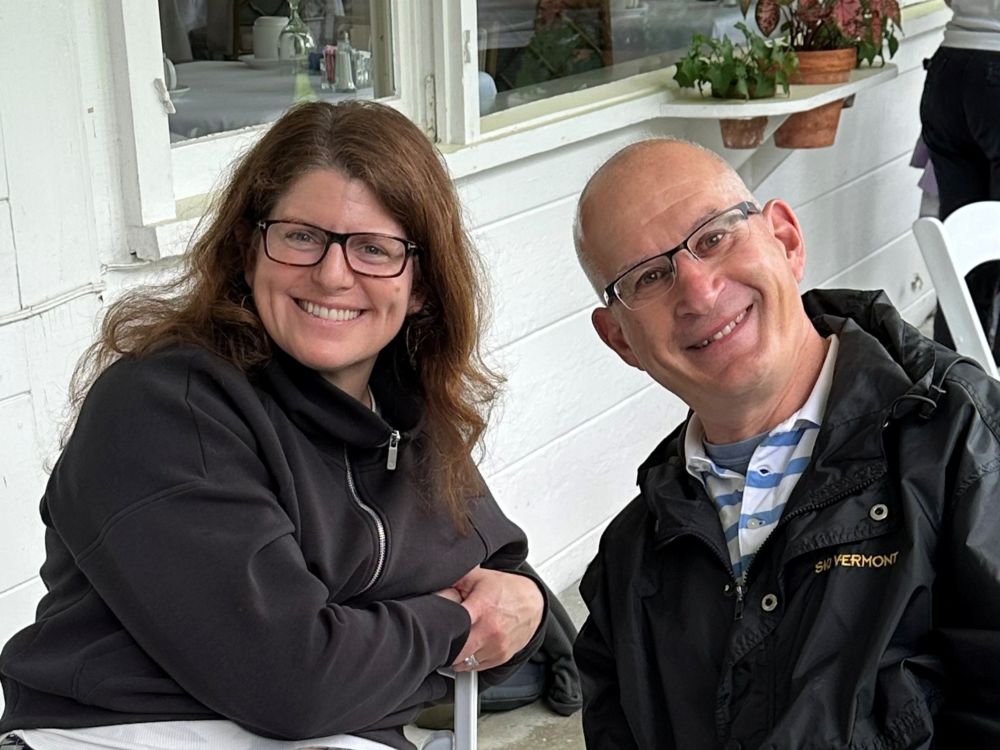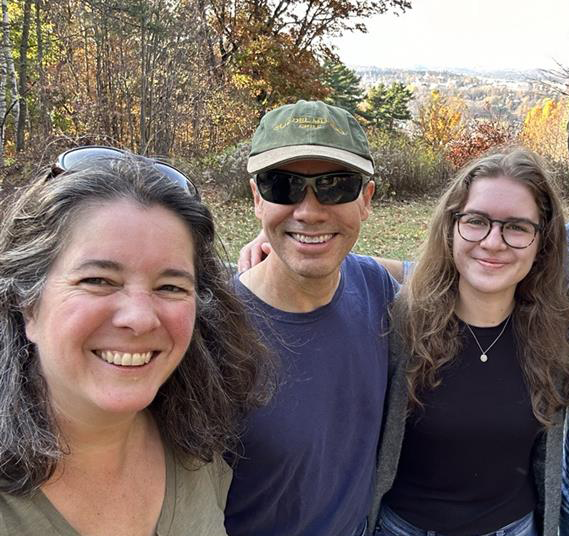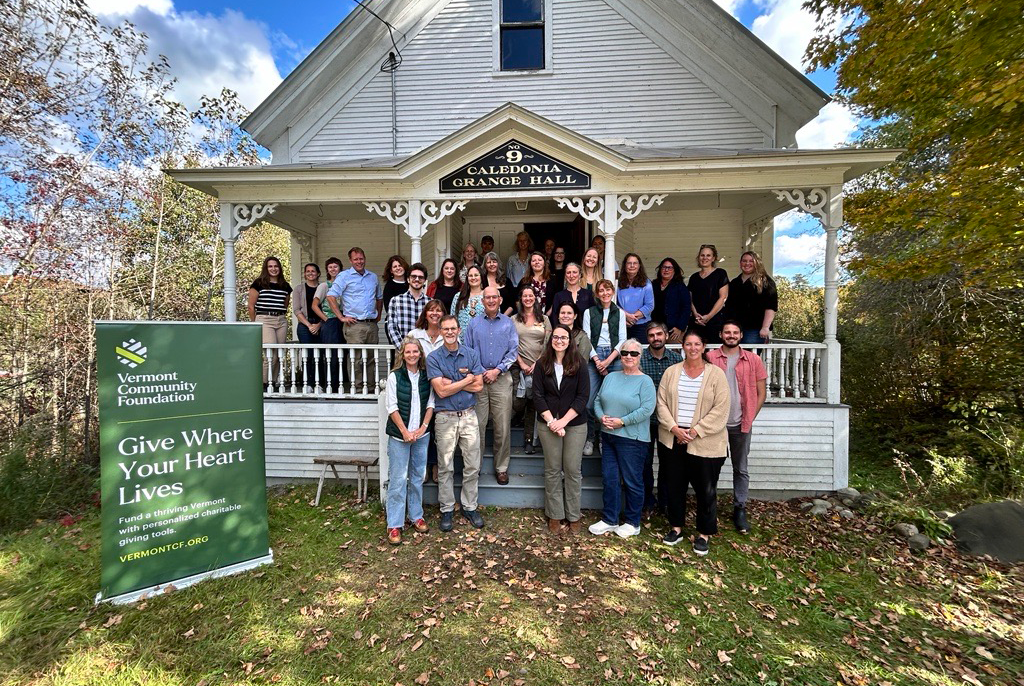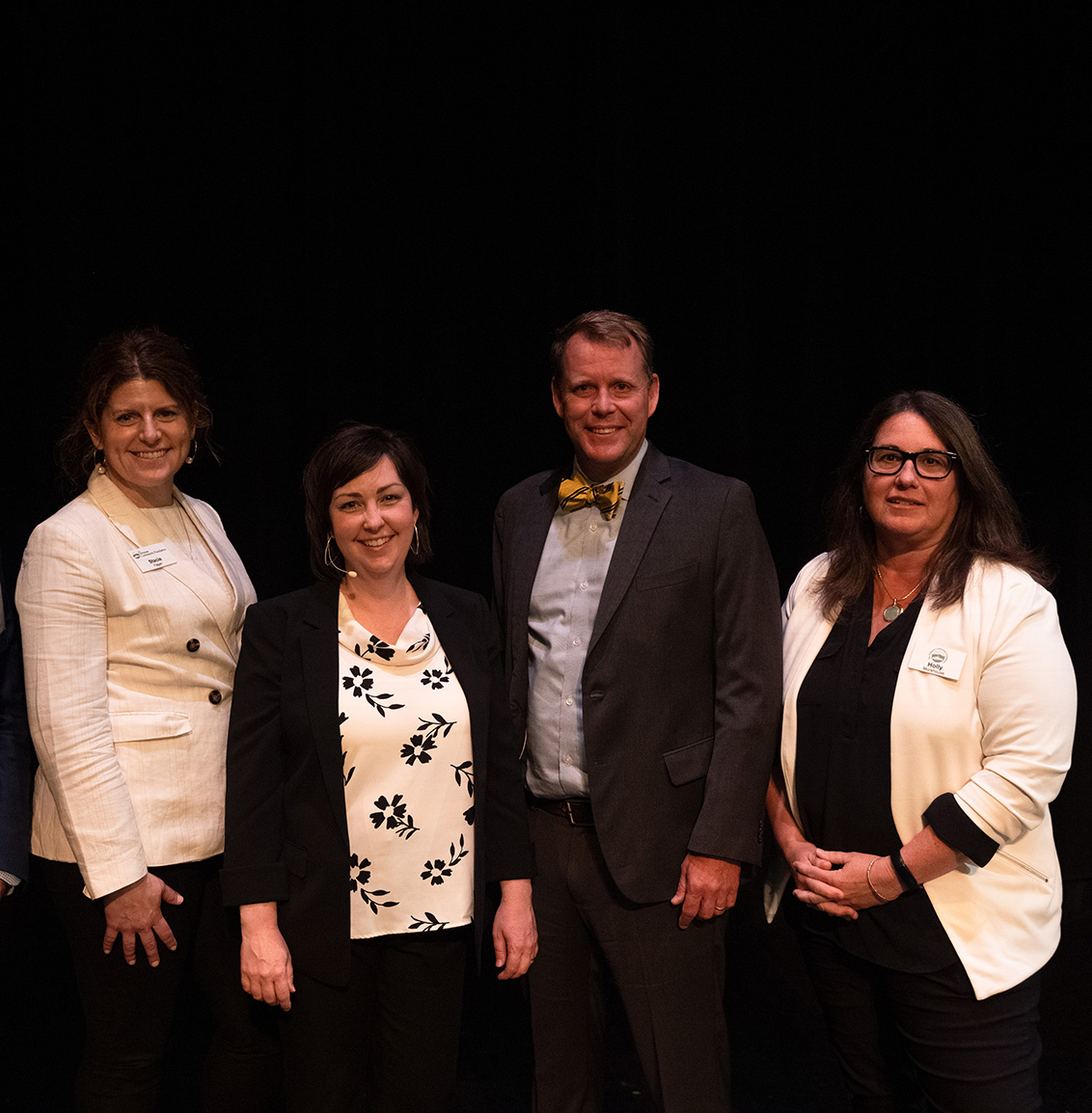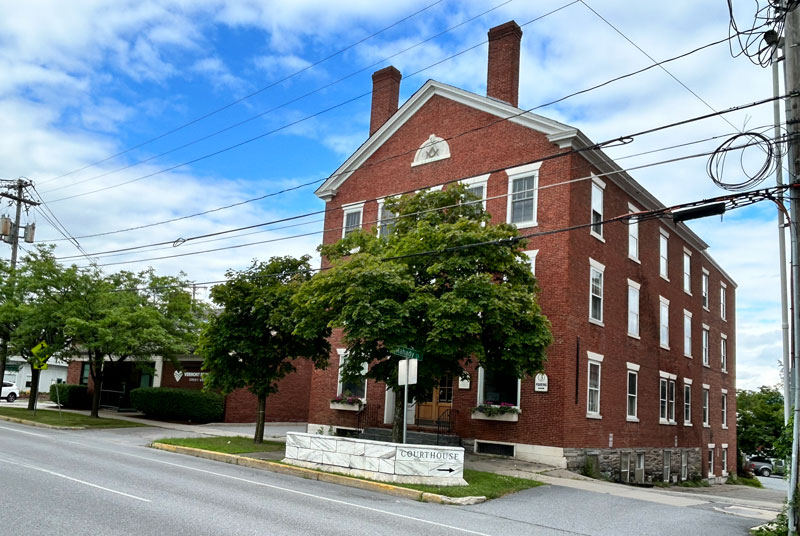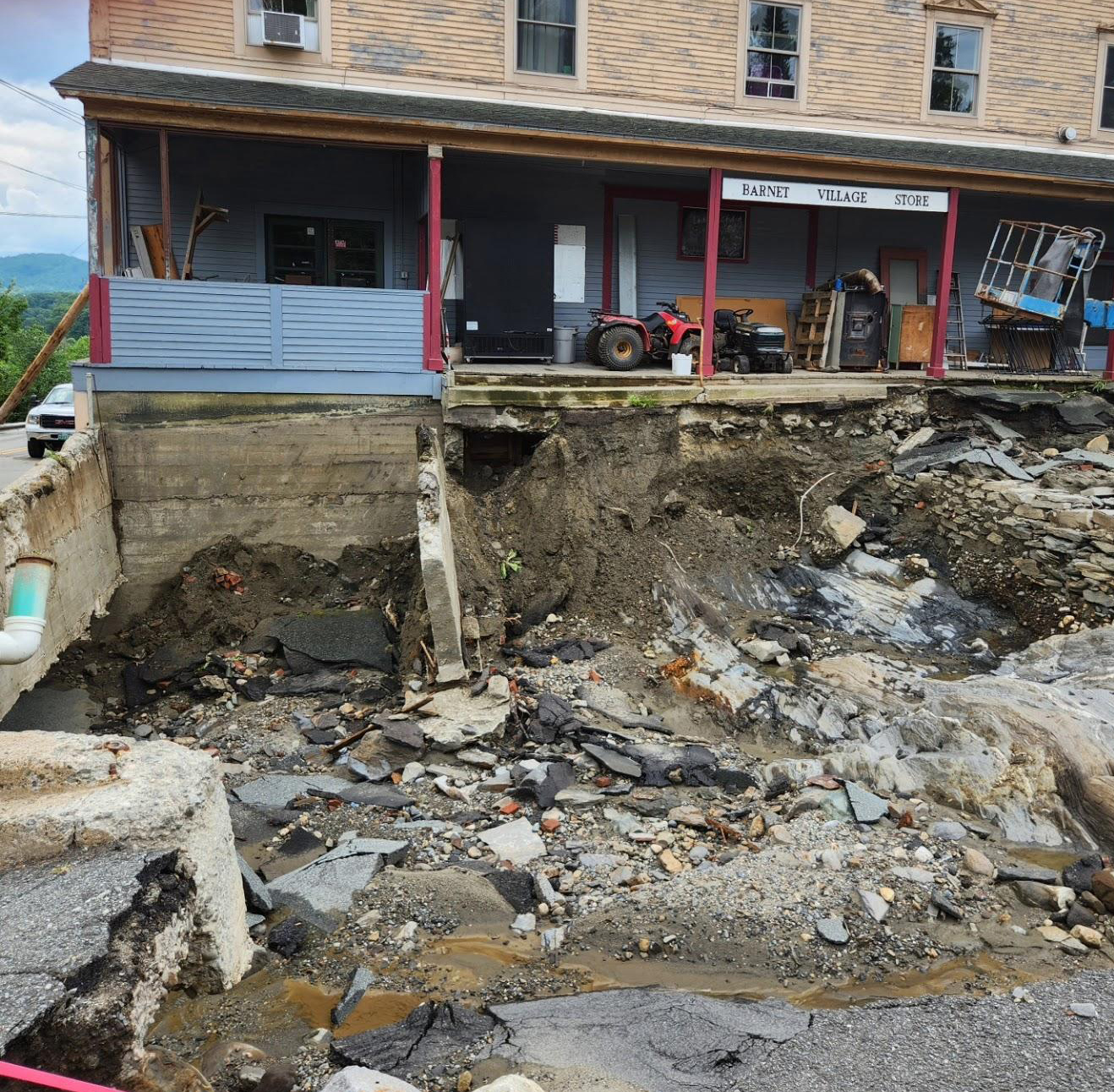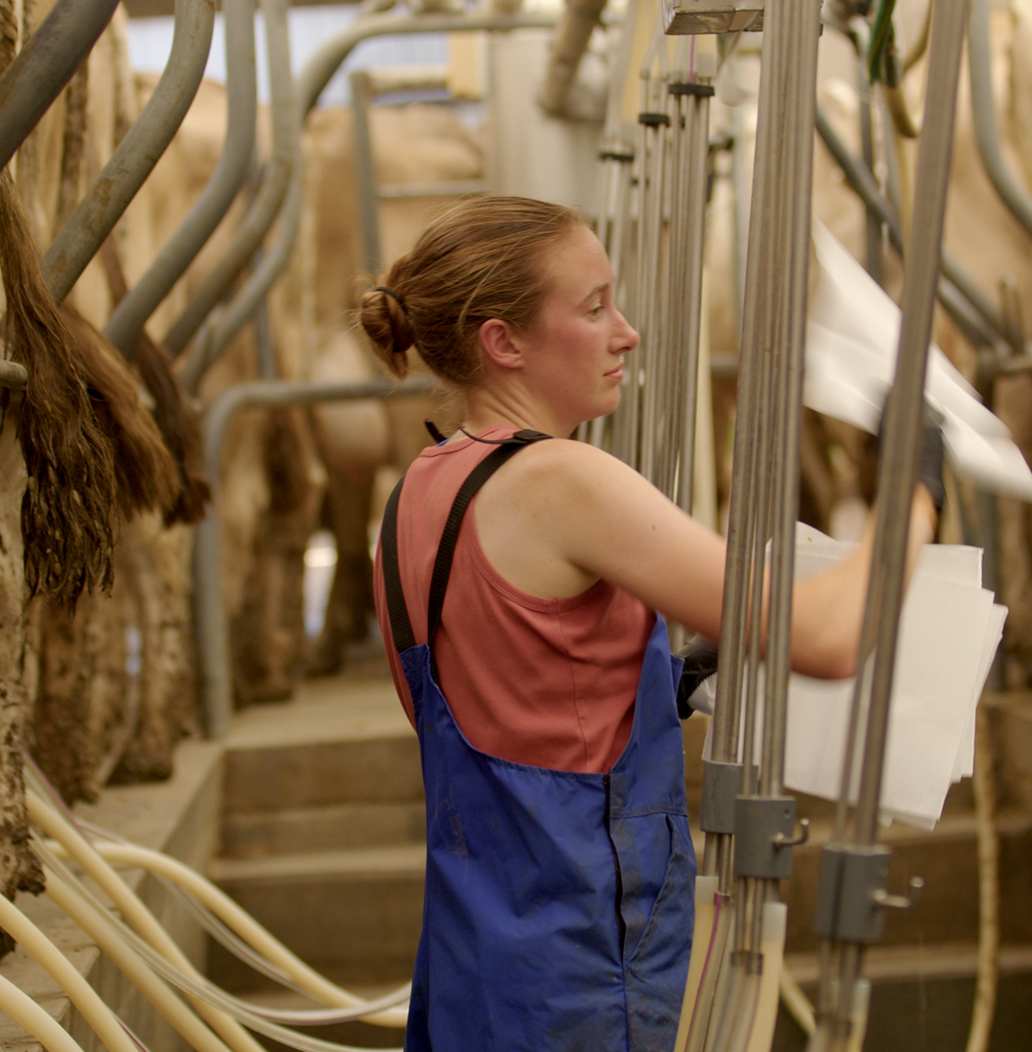On July 26th, the Vermont Community Foundation’s Insight Hub hosted a webinar that examined the future of farming in Vermont, including strategies to build new markets and reduce reliance on conventional dairy. Here are some highlights from the conversation and tips for charitable individuals who want to help support a strong and resilient agricultural sector:
- Philanthropy can partner with nonprofits and government to fund infrastructure that allows Vermont farmers to branch out from conventional dairy or augment it with other farm endeavors, including goat milk, grass fed beef, cheesemaking, maple syrup, vegetables, agritourism, burger nights and more. Underwriting the cost of new equipment, barn construction/retrofits, and processing facilities can give farmers who typically operate on a tight-margin, options to stay in agriculture and pivot to emerging markets.
- Philanthropy can support nonprofits that reduce the cost of farmland for young people who want to start a career in farming and for Black, Indigenous, and other People of Color who are under-represented in farm ownership. Land prices and borrowing costs have risen sharply over the pandemic. Reducing the debt to acquire property through grants, low-interest loans, conservation easements, and business coaching to maximize tax deductions increases the likelihood that new farming operations will be financially viable. Support for programs that help older farmers develop transition plans and help younger farms lease or gradually purchase farmland before it is fragmented by development are vital.
- Philanthropy can help support smart growth models in clustered on-farm housing or near-farm housing, acknowledging the need for farm worker affordable housing and farmland preservation. State government, housing nonprofits, and land conservation nonprofits are collaborating on this work with new energy, recognizing myriad benefits including that close-to-farm housing could help attract much-needed farm workers.
- Philanthropy can help support nonprofits that are working to expand the market for Vermont food and beverages both in and out of state. Currently about 14 percent of all food and beverages consumed in Vermont are made in-state, more than double the percentage in 2010. Better promotions, product development, and the proliferation of CSAs, farmer’s markets, and an increase in grocery store sales of Vermont products have helped drive this increase. Further expanding the market within Vermont and the more populous regions outside state borders will help support and grow our rural economy.
Speakers:
- Anson Tebbetts, Secretary, Vermont Agency of Agriculture, Food and Markets
- Liz Gleason, Program Director, Vermont Farm & Forest Viability Program, Vermont Housing & Conservation Board
- Kate Neubauer (Moderator), Program Officer for Community & Environment, Vermont Community Foundation
Watch the full webinar:
Our Climate & the Environment Initiative
Under pressure from over development and climate change, philanthropy can energize innovative solutions for our farms and forests, and help protect our natural resources.

